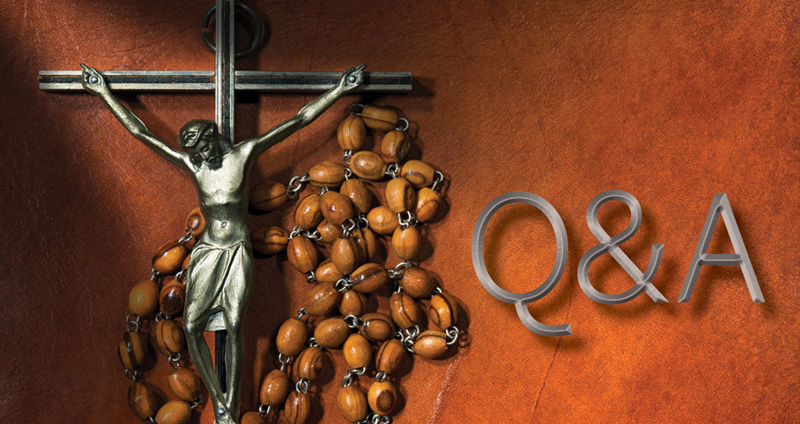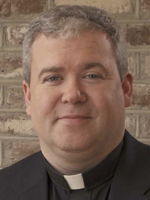
Q: How do we really know there is such a place as purgatory? It doesn’t make sense to me. How do we know it’s true? (Hilton Head, SC)
A: With all aspects of the afterlife, we rely on supernatural teachings based on divine revelation. What that means is that we cannot find answers to questions about the afterlife based just on our reason or human capacity to figure things out. We need super-natural help. “Super” here means above, and so we need something above our reason.
When we say above, we don’t mean against or in opposition to our reason. Supernatural truths therefore require a type of knowledge that is just given by a different way. It’s given by revelation, which is God’s disclosure of himself to humanity. This requires faith.
Faith helps us to accept God’s revelation given by the Bible and the teachings of the Church. These include religious truths on death, judgment, heaven, and hell. Purgatory has also been a part of this body of teachings since the early Church.
Revelation shows us the reality of purgatory and enlightens us about its importance in the work that Jesus Christ does to save us from our sins and prepare us from heaven. Briefly explained, purgatory is the Lord removing any venial sins or temporal punishment from our souls before we enter heaven.
I hope the above explanation gives some clarity. As believers, if we accept heaven and hell, then we must realize that the same revelation and faith teaches us about the existence of purgatory. If we accept heaven and hell, then we should accept purgatory. In summary, it’s a package deal.
Q: Why has the Church in America allowed the misuse of lay deacons? Preaching, baptisms, wake services, Stations of the Cross, etc. It seems priests just celebrate Mass and hear confessions. (Hickory, Maryland)
A: Your question reflects some observation from the pews. Such insight merits attention and consideration. In the end, you want your priest involved, visible, and a part of the celebration of the sacraments. This is a noble desire and one that reflects a real love for the Church and the priesthood.
And so, acknowledging this love, I’d like to give some explanation:
In the Church, we don’t have “lay deacons.” Every deacon is ordained and a proper member of the clergy. I suspect your question is a reference to our permanent deacons. Such deacons are ordained, and therefore not laymen, and have a ministerial identity.
It is a normal function of a deacon to preside over prayer, such as in a wake service, Benediction of the Blessed Sacrament, and Stations of the Cross. It’s also an acceptable delegated function for a deacon to preach, baptize, and preside over weddings.
In many places, for a priest just to cover the sacrament of penance and the Masses under his care, he must rely on deacons to assist in the above duties. As we feel the shortage of priests in many communities, deacons are more greatly needed so that the overall sacramental and devotional life of the Church does not suffer. In answer to your question, this is why you’re seeing more permanent deacons involved in the different areas of the Church’s life.
With all of the above said, however, I hope every priest takes very seriously his responsibility and privilege to preach, to be with the people of God for all the sacraments, and to pray with his parishioners regularly through the various devotionals and sacramentals of the Church.
The priest’s own identity as the spiritual father and shepherd of the community relies on this participation and engagement with his people.
Father Jeffrey Kirby is administrator of St. Joseph Church in Chester and Our Lady of Grace Church in Lancaster. Email him your questions at askfrkirby@gmail.com.


